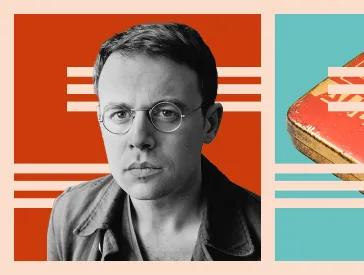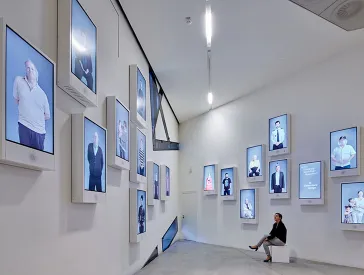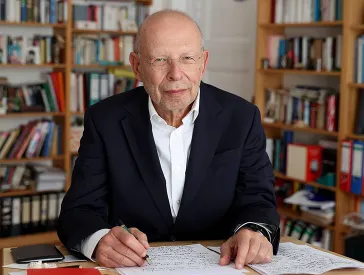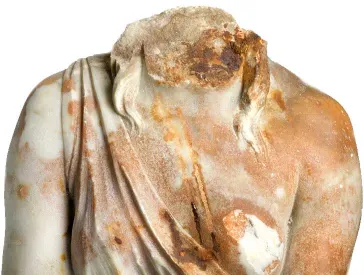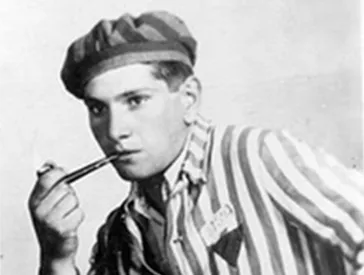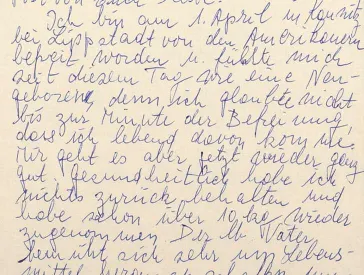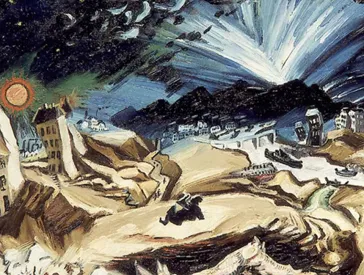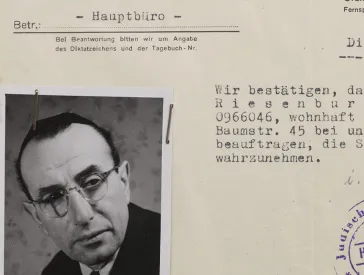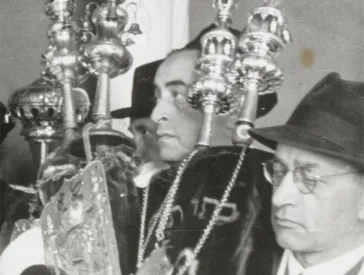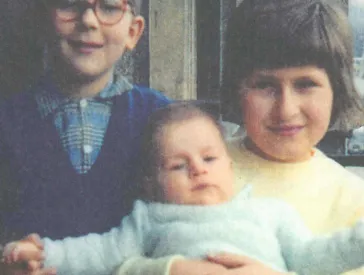Show me programs for …
Tickets
Find the right ticket for you.
Learn more about available offers and programs, events, and public tours, or buy a ticket online for your planned visit.
To reduce your wait at the Jewish Museum Berlin to a minimum, we recommend reserving a time slot ticket from our online ticket shop in advance. However, walk-in tickets are also available at the ticket desk.
Please note that currently it is only possible to visit ANOHA with a time slot ticket. Please reserve yours before your visit from the online ticket shop.
Ticket shopDirections
Jewish Museum Berlin
Lindenstraße 9–14
10969 Berlin
T +49 (0)30 259 93 300
Public transit: U-Bahn: U1, U6 (to Hallesches Tor) U-Bahn: U6 (to Kochstraße) Bus line 248 (to Jüdisches Museum) Bus line M29 (to Lindenstraße/Oranienstraße) Bus line M41 (to Zossener Brücke)
BVG Transit Planner
Google Maps
Parking near the museum is very limited.
Planning Your VisitOpening hours
Open daily 10 am–6 pm
Last admission: 5 pm
Closures
-
23–24 Sep 2025
-
2 Oct 2025
-
24 Dec 2025
-
Christmas Eve
Note: We deliver all images in WebP format. Since September 2022, all modern browsers are supporting this format. It seems you are using an older browser that cannot display images in WebP format. Please update your browser.
